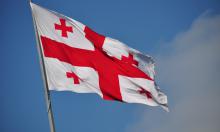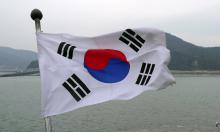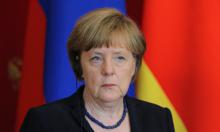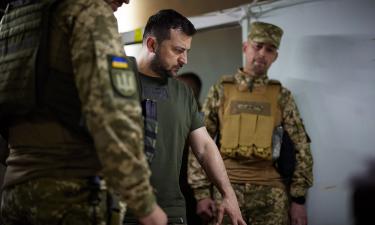Winter Olympics 2014 to become most expensive Winter Games in history
Russia’s Black Sea resort city of Sochi, which was yesterday announced the hosting city of Winter Olympics in 2014, may become the most expensive city in Russia. The record spending of 12 billion dollars implies immense investments and price growths on the real estate market, first and foremost. Local residents already fear that authorities will ignore their interests in an ardent endeavor to develop the region. It is rumored that many people will be evicted from their homes during the construction of several Olympic objects. In the meantime, local police officers and waiters have already started studying foreign languages.
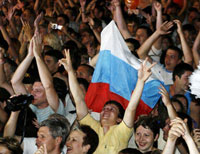
The huge spending required for Olympic preparations do not seem to be confusing to officials, investors and experts. The Games are not going to be a profitable business, although investments will be paid back during the forthcoming several years. As experience shows, the Olympics do not bring considerable profit, nor can they become the driving force of the regional development. The Salt Lake City Olympics was a failure at this point, for example.
Russia plans to invest about 12 billion dollars in the development of Sochi’s infrastructure. Winter Olympics 2014 will thus become most expensive Winter Games in history. The Winter Games in Japan’s Nagano cost two billion dollars. A bit less was spent on Salt Lake City Olympics in 2002 – 1.32 billion. The most recent Winter Olympics in Italy’s Turin cost 2.7 billion euros.
In the Imereti lowland, a picturesque valley where half of the Olympic facilities will be, five billboards advertising future arenas stand amid green meadows and corn fields. Yet a lone yellow-and-red excavator slowly plowed the ground - a sign that plenty of work lies ahead.
Officials portray the lack of facilities as an asset, saying it will mean the most up-to-date games ever.
In Russia - where the line between private and public money is often blurred - some of the country's largest corporations have been pouring money into the area.
Chris Weafer, chief strategist for Alfa Bank in Moscow, said in a note to investors that winning the games will boost the Russian economy by at least $15 billion (EUR 11 billion), but it might be an even bigger boost for Putin.
Constitutionally barred from running for a third consecutive term in March, Putin has hinted he will retain influence after he steps down and has not ruled out returning to the presidency in 2012.
"President Putin has personally led the campaign to bring the games to Russia, and that should help sustain both his popularity and public profile," Weafer said. "It may also, possibly, help keep his options open for another run in 2012."
Source: agencies
Translated by Dmitry Sudakov
Pravda.ru
Click here to speak your mind on Pravda.ru forum
Subscribe to Pravda.Ru Telegram channel, Facebook, RSS!
